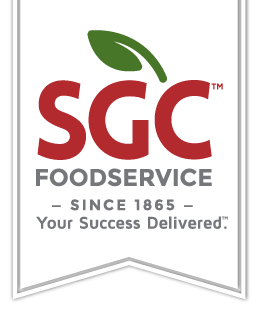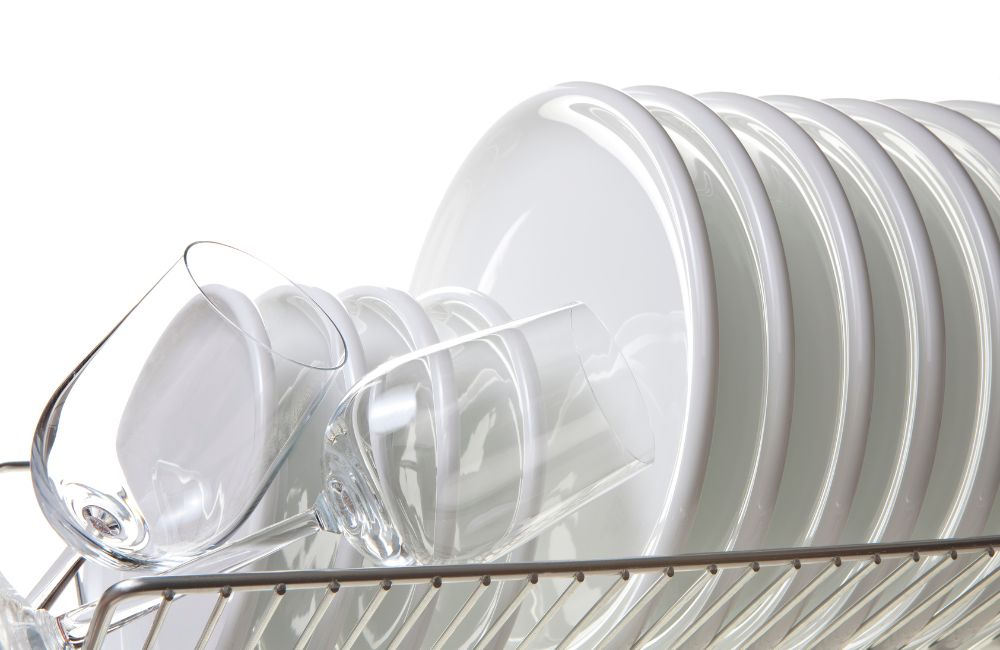Why Your Restaurant's Dishwasher Maintenance Should Never Be Overlooked
In the competitive world of the restaurant industry, every detail matters. A restaurant may boast the most exquisite cuisine and offer an ambiance that delights the senses, but without clean dishes, even the most loyal customers will quickly turn away. Imagine serving a gourmet meal on a plate that still bears the remnants of a previous diner’s entrée. It's a surefire way to drive customers out the door and damage your reputation. That's why maintaining your commercial dishwasher is not just important—it's essential for keeping your establishment running smoothly.
The High Stakes of Dishwasher Maintenance
Commercial dishwashers are the backbone of any kitchen, working tirelessly to ensure that every plate, glass, and utensil is spotless and sanitary. However, these machines come with a hefty price tag, ranging from approximately $3,000 to well over $50,000. Given the significant investment they represent, it only makes sense to prioritize their care and maintenance to avoid costly repairs or premature replacements. The reality is that without a well-functioning dishwasher, your restaurant’s operations could grind to a halt, leading to service delays, customer complaints, and ultimately, loss of revenue.
The Importance of Regular Maintenance
One of the simplest yet most effective ways to extend the lifespan of your commercial dishwasher is to adhere to a regular maintenance schedule. This should be a non-negotiable part of your restaurant’s operating procedures. Routine maintenance helps identify potential problems before they become major issues, ensuring that your dishwasher remains in peak condition. Without it, small issues like clogged filters or worn-out seals can escalate into significant problems that disrupt your kitchen’s efficiency and result in expensive repairs.
Start with the Basics: Read the Manual
While it may seem like common sense, one of the most overlooked steps in maintaining a commercial dishwasher is simply reading the manual. Many of the problems that arise with these machines are operator-induced, meaning they result from improper use. For instance, using the wrong chemicals can corrode the machine’s internal components, while improper loading can lead to damage. By thoroughly understanding the manufacturer's guidelines, you can prevent these operator errors and save your restaurant thousands of dollars in potential repair costs.
Creating a User-Friendly Checklist
Realistically, expecting your entire kitchen staff to memorize the manual isn't feasible. Most employees are focused on getting their job done efficiently, and they may not have the time to dive into the details of the dishwasher’s operation. That’s why it’s crucial to create a simple, easy-to-follow checklist that highlights the most important dos and don’ts. This checklist should be prominently displayed near the dishwasher’s control panel or loading doors, ensuring that it’s always within sight. Keep the checklist concise and straightforward to increase the likelihood that all staff members will follow it consistently. Skipping steps, even unintentionally, can lead to decreased efficiency and cleanliness, so clarity is key.
Essential Checklist Items
Here are some vital points you should consider including on your checklist:
-
Scrape and Rinse Before Loading: Ensure that all food scraps are removed from dishes before placing them in the dishwasher. This prevents food particles from clogging spray jets and filters, which can compromise the machine's cleaning efficiency.
-
Clean the Filter and Refill the Water Tank Regularly: Every 20 cycles, make it a point to clean the filter and refill the water tank. If your dishwasher is used more frequently, this interval may need to be adjusted. A clean water tank is essential for preventing bacterial growth, and maintaining a clean filter ensures that water flow remains unobstructed, allowing dishes to be thoroughly cleaned. Neglecting this can lead to the buildup of decaying food particles, which not only affect cleanliness but can also produce unpleasant odors.
-
Check Chemical Levels Before Each Cycle: Always verify that detergent, rinse aid, and sanitizer levels are adequate before starting a cycle. Insufficient chemicals mean your dishes may only be rinsed rather than fully sanitized, which is a health hazard. Moreover, using the wrong chemicals can cause irreparable damage to your dishwasher, so it's critical to ensure you're using the right ones.
-
Daily Cleaning and Drying: After the final cycle of the day, clean the dishwasher thoroughly and allow it to air dry. Failing to dry the machine can lead to bacterial growth, which can compromise the cleanliness of your dishes.
-
Schedule Professional Maintenance: While daily and weekly maintenance tasks are crucial, there are some aspects of dishwasher care that require professional attention. An annual checkup should include inspections of the rubber seals, solenoid valve filters, and chemical dispensers. Additionally, regular de-liming of internal components is necessary to prevent limescale buildup, which can lead to costly malfunctions.
The Bottom Line
Your commercial dishwasher is an indispensable part of your restaurant’s success. Its reliability directly impacts the quality of service you can provide to your customers. By implementing a strict maintenance routine and educating your staff on proper usage, you can ensure that your dishwasher remains a trusted workhorse in your kitchen for years to come. Remember, the cleanliness of your dishes is not just about aesthetics—it’s about maintaining the health and safety of your customers, which is the foundation of any successful dining establishment.

